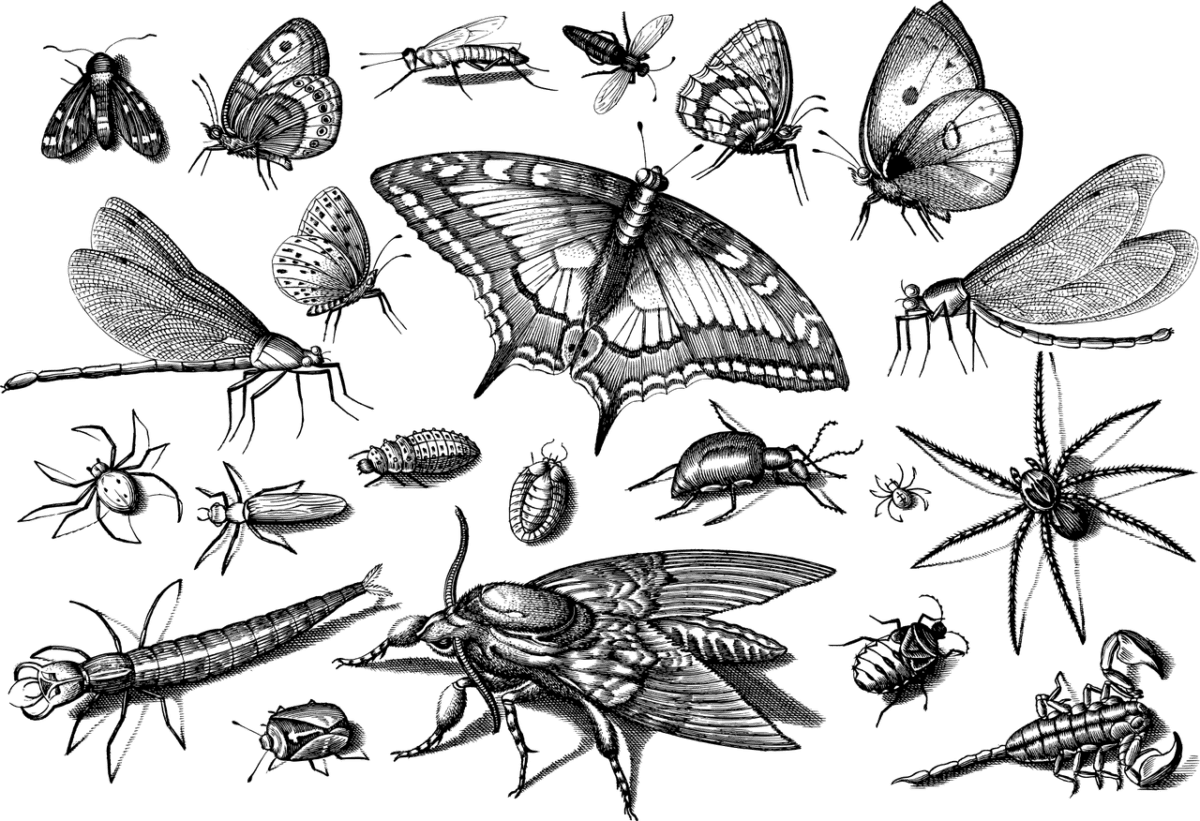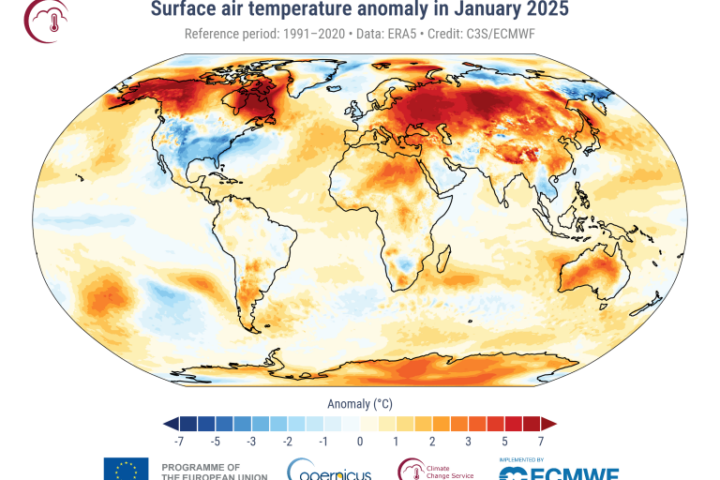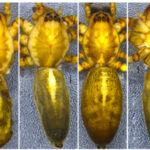There are reasons behind the global crash in insect numbers as revealed by scientists, which has significant implications for the population and the animals that rely on insects for food. The primary causes of the decline in insect diversity and numbers are land use intensification, such as increased agriculture and building development, as well as climate change and the spread of invasive animal species through human trade. The Journal of Biology Letters has published these findings in a special feature on insect decline.
One of the study authors is Dr. Florian Mendel from the Institute of Organismic and Molecular Evolution at Johannesburg Gutenberg University Mainz in Germany. The research aims not only to document insect population declines but also to understand the causes and consequences of the decline. Twelve research articles, two opinion papers, and an extensive editorial are part of the study. With 41% of insect species experiencing a global decline and one third of team facing the threat of extinction, the decline in insect populations has been well documented. Each year, the total mass of insects is estimated to decrease by 2.5%.
Similar Post
According to the study, this decline is attributed to factors such as agriculture, building development, climate change, and the spread of invasive species. The disappearance of insects is exacerbated by the interaction between these drivers. Already damaged by human activities, the ecosystems are more susceptible to climate change, allowing invasive species to establish themselves easily and displace native species.
Particularly concerning is the decline in specialized insect species, as they are more vulnerable to changes in their specific habitats. The result is a homogenization of insect communities across habitats, with a few invasive species thriving while others decline. The results of declining insect diversity are extensive and detrimental to ecosystems. The consequence of fewer pollinating insects is a decline in plant populations that rely on specific insect species for pollination. Thus, the reduced availability of insects as a food source affects insect-eating birds and other animals, putting their existence at risk.
In order to address these issues, the study authors recommend standardized techniques for monitoring insect diversity across various habitats and countries. Their proposal is the establishment of a network of interconnected nature reserves that allow species to migrate between habitats, aiding less heat-tolerant insects in adapting to changing temperatures caused by global warming. There is a need for measures to reduce the spread of invasive animal and plant species through global trade and tourism. The finding underscores the seriousness of the ongoing global decline in insect populations and emphasizes the importance of understanding the causes and taking appropriate actions to mitigate the consequences.


















